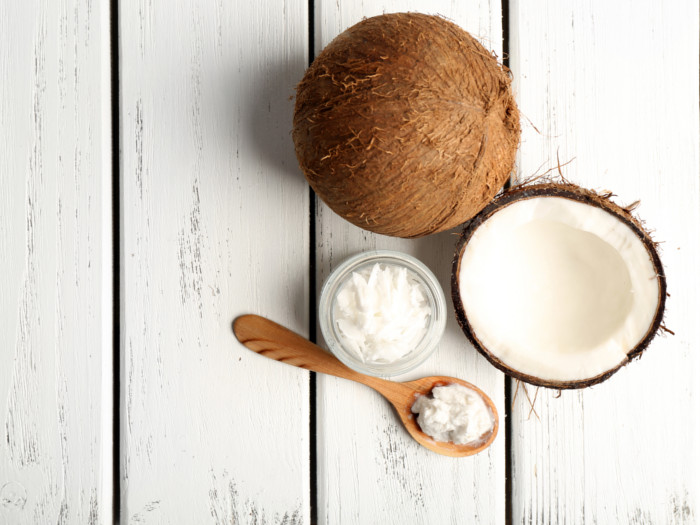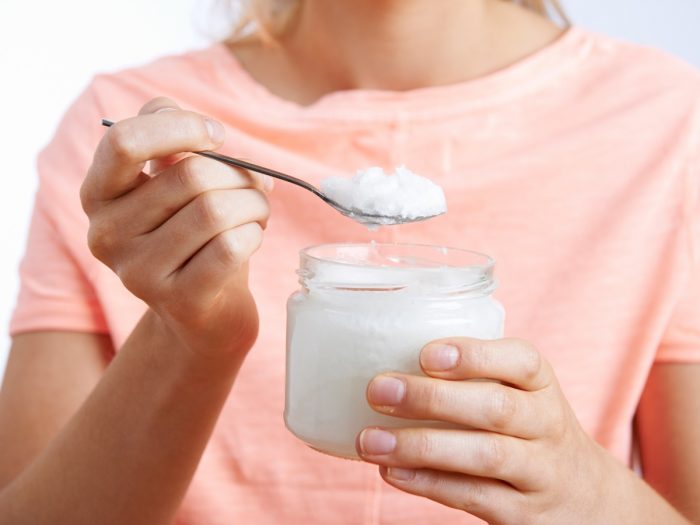Coconut oil, which has been the darling of the health aficionados and naturalists for the last few years, has come into the spotlight after Harvard professor Dr. Karin Michels called it “pure poison”. This caused a ripple of outrage and fear in the health community, and now several eminent cardiologists have come out to say that coconut oil is not poison, but “nectar” and that Michels needs to apologize for her unbiased comments.
Is Coconut Oil Really ‘Pure Poison’?
In a lecture two weeks ago, Michels, an epidemiologist at the Harvard TH Chan school of Public Health, claimed that coconut oil is one of the worse things you can eat. Michels is also the director of the Institute for Prevention and Tumour Epidemiology at the University of Freiburg, Germany. In a speech delivered in German titled “Coconut Oil and other Nutritional Errors” at the University of Freiburg, Michels went on to make a controversial statement that there has not been even one human study that has shown a positive outcome from coconut oil. The speech, uploaded on YouTube on July 10th, went viral and has got over 1,384,200 views. [1]

Coconut oil is an edible oil extracted from the kernel or meat of mature coconuts. Photo Credit: Shutterstock
The Truth About Coconut Oil
Now, several eminent cardiologists have come out to debunk the claims made by Michels. Dr. Aseem Malhotra, in an interview with the Daily Mail, said that after he reviewed the totality of the evidence, he found that saying that coconut oil is poison is “unscientific nonsense”. [2]
Malhotra, who is an avid supporter of saturated fats, said that a research conducted in 2017 by Cambridge University and published in the British Medical Journal Open, clearly showed the effects of butter, extra virgin coconut oil, and olive oil on cholesterol levels. The 94 participants in the study were split into 3 groups and were given 50 g of olive oil, 50 g of coconut oil, and 50 g of butter respectively. The bad cholesterol (LDL) rose by around 10 percent for the group that ate butter. But people who ingested olive oil and coconut oil saw no impact on their LDL levels. On the other hand, while olive oil and butter both raised good cholesterol (HDL) levels by 5 percent, coconut oil raised it by a steep 15 percent. [3]

Add coconut oil to your coffee or just have it alone with a spoon for maximum benefits. Photo Credit: Shutterstock
Final Thoughts
While the controversy may carry on, it’s best to go by personal experience. Everything is good in moderation. So if coconut oil is working for you, go ahead and have it in moderation. Most doctors agree that 2 tablespoon or 30 ml of good saturated fat is good for you. So if you were going to trash your extra virgin coconut oil bottle, you can safely put it back and enjoy it!
